Infractions
18 September 2020–19 December 202018 Sep 2020–19 Dec 2020
#INFRACTIONS
Premiering in Australia, Infractions is a feature-length video addressing frontline Indigenous cultural workers’ struggles against threats to more than 50% of the Northern Territory from shale gas fracking. As Australia becomes the leading global exporter of fossil fuels, and Asia and the EU plan to increase fracked gas imports, pressure on this region has intensified, threatening hard-won Aboriginal land rights and homelands.
Plans to ‘develop the North’ of Australia have been resurrected at different moments since the nineteenth century, but abandoned just as quickly for being built on fantasies that related little to the actual behaviour of monsoonal-desert water systems. With the lifting of a state moratorium in 2018, British, US, and homegrown mining companies seek to roll out toxic drilling rigs over vast underground flows, which are key connecting sites of culture, law, and food for First Nations.
Refuting capitalist and colonial models of land and water in the driest continent on earth, Infractions features musician and community leader Dimakarri ‘Ray’ Dixon (Mudburra); two-time Telstra Award finalist Jack Green, also winner of the the 2015 Peter Rawlinson Conservation Award (Garawa, Gudanji); musician and community leader Gadrian Hoosan (Garrwa, Yanyuwa); ranger Robert O’Keefe (Wambaya); educators Juliri Ingra and Neola Savage (Gooreng Gooreng); Ntaria community worker and law student Que Kenny (Western Arrarnta); musician Cassie Williams (Western Arrarnta); the Sandridge Band from Borroloola; and Professor Irene Watson (Tanganekald, Meintangk Bunganditj), a contributor to the draft UN Declaration on the Rights of Indigenous Peoples (1990–4).
As the camera connects incommensurable legal geographies, extractive industry, and labour history to ongoing Indigenous-led resistance and movement, defenders of culture and water from Ntaria (Hermannsburg), Marlinja (Newcastle Waters), Borroloola in Gulf Country, and Yallarm (Gladstone, Queensland) warn of stories of manufactured consent, and Indigenous legal theorist Irene Watson explains the limits of the Western international legal system for planetary survival and justice.
Upcoming Conversations:
Panel Discussion: Art in an Age of Gas Destruction
Thursday 15 October, 6.3opm
Institute of Modern Art
This conversation addresses the relationship between gas-fired futures and matters of cultural responsibility, survival, and refusal. Join Vernon Ah Kee, Phillip Marrii Winzer, Que Kenny, and Infractions director Rachel O’Reilly to discuss the work of doing things otherwise, hosted by Warraba Weatherall.
Panel Discussion: Arts of the Frontline [online]
Since filming Infractions, the Federal Government has doubled down on planet-warming gas projects as the solution to pandemic ‘recovery’. This panel updates on the current state of play for gas frontiers. Dan Robins, an organiser against unconventional gas across Australia for more than a decade, is currently working with the NT Protect Country Alliance. Before that, he was Sydney Coordinator for Lock the Gate Alliance, working on the Our Land Our Water Our Future campaign to stop invasive coal and gas projects across New South Wales. Robins has also assisted with anti-fracking campaigns in Queensland’s Scenic Rim area and in Western Australia. In 2015, he presented at the International Anti Fracking Conference in Paris during the COP21 UN Climate Change Conference. Neola Savage and Juliri Ingra are descendants of Dot and Hector Johnson, who were active in the struggle for rights for Aboriginal and South Sea Islander peoples rights in Gladstone. The Johnsons were part of the first generation of Aboriginal teachers’ aids in Central Queensland, training in Melbourne at Deakin and in Brisbane in mid-life. Juliri Ingra is an artist, while Neola Savage continues Indigenous education and liaison work in Woorabinda.
Infractions is the final work of The Gas Imaginary (2013–9), a project by Gladstone-born artist, writer, and curator Rachel O’Reilly, which has used poetry, drawing, moving images, and lecture formats to explain the legal, aesthetic, and technical conceits of ‘unconventional’ gas, in ongoing dialogue with Gooreng Gooreng elders and women environmental activists. Commissioned by KW Berlin Production Series, dedicated to artists’ moving image (supported by the Julia Stoschek Collection and Outset, Infractions premiered at Babylon Kino Berlin and ICA London, featuring public programs with Que Kenny (Western Arrarnta), and returns to Australia in 2020.
Director/Research/Camera/Sound: Rachel O’Reilly
Producer: Mason Leaver-Yap
Editor/Visual Research: Sebastian Bodirsky
Camera: Tibor Hegedis, Colleen Raven (Nharla Photography)
Sound mastering: Jochen Jezussek
Map visuals: Valle Medina, Benjamin Reynolds (Pa.LaC.E)
Subtitles: Katharina Habibi
Additional support: Australia Council for the Arts
Infractions public programs are supported by the Queensland Government through Arts Queensland.Thanks: Stories from the Frontline: Artists on Climate and Cultural Change, Katherine Regional Arts Centre 2018, Watch This Space (Mparntwe), Gastivists (Berlin), Prof. Irene Watson, Lindsay and Richard Johnson, Lauren Mellor, Alex Read, Billee McGinley, Sarah Keenan, Diana McArty, Kirsty Howey, David Nixon, Caro McDonald, Jo Holden/Evans, Lisa Stefanoff, Lloyd Beck, Marion Caris, Alex Kelly, Carmen Saledo, Bong Ramilo, Cheryl Watson, Mimi Catterns, Jo Holden, Beth Sometimes, Phil and Rick, Sonja Hornung, Manuela Kolke, Lindy Nolan, Carol Matthews, Karen Auty, Joe Collins, Zowie Douglas Kinghorn, Sumu Sivanesan, Nathan Gray, Jacklyn O’Reilly, Lawrence O’Reilly, Jonathan Oxlade, Anike Joyce Sadiq, Katja George, Regina Sarreiter, the Phd roundtable of the Centre for Research Architecture Goldsmiths, the Extracted Bodies | Corporeal Grounds group of women artists in Berlin.
Off-Site Venues
- Watch This Space
Alice Springs05 Nov–07 Nov 2020Darwin Community Arts
Darwin18 Nov–22 Nov 2020Related Events
-
Rachel O’Reilly, Que Kenny & Roxanne Highfold
Cultural Work Across Fracking Frontlines
-
Que Kenny, Phillip Marrii Winzer, Vernon Ah Kee & Rachel O’Reilly, hosted by Warraba Weatherall
Panel Discussion: Art in an Age of Gas Destruction
-
Neola Savage, Juliri Ingra & Dan Robins
Panel Discussion: Arts of the Frontline
















